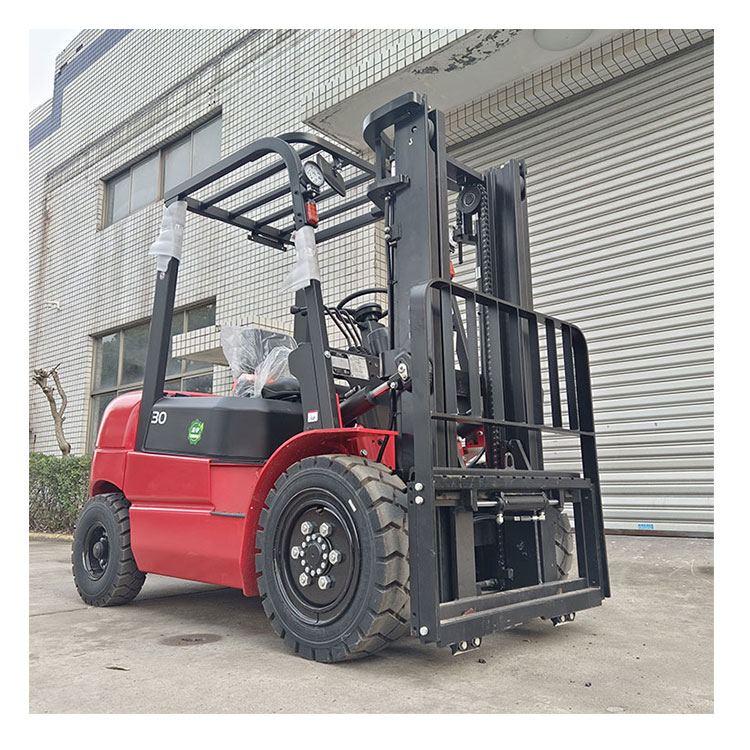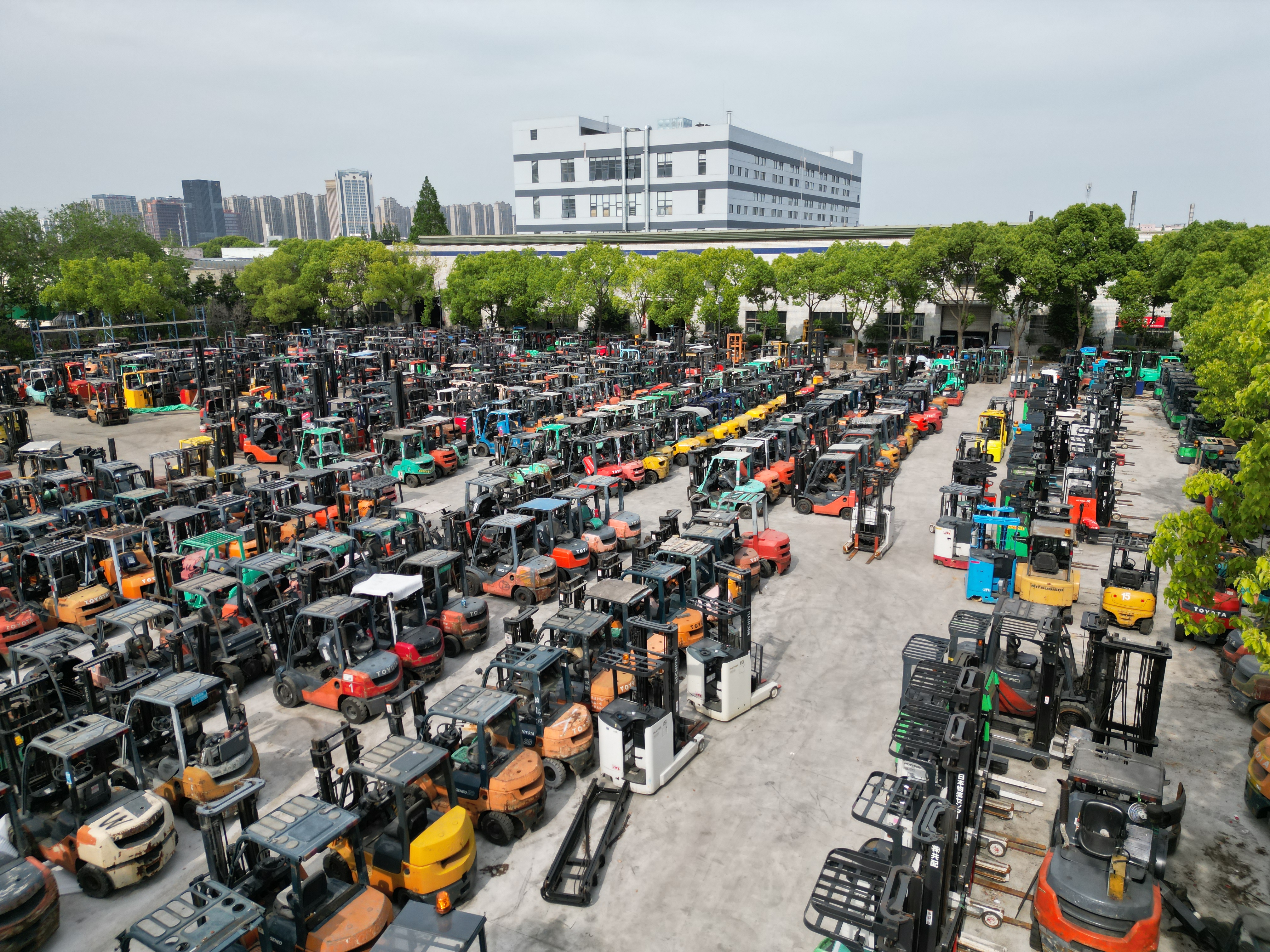Product name |
| Diesel Forklift |
Standard load center to center distance | MM | 500 |
Rated lifting capacity | KG | 3000 |
Service weight | KG | 4200 |
Drive rated power | KW | 36.8 |
Power type |
| diesel |
PRODUCT DEATILS
Diesel forklifts are heavy-duty machinery equipment that runs on diesel fuel and are widely used in industries such as warehousing and logistics. Proper usage and maintenance of diesel vehicles are crucial in ensuring production safety and equipment longevity. Here are some specific considerations for diesel forklifts:
1. Diesel forklifts Fuel Quality: It is important to use high-quality diesel fuel to prevent engine damage and ensure optimal performance. Regularly check and maintain the fuel filters to prevent contamination.
2. Diesel forklifts Engine Maintenance: Regularly schedule engine maintenance checks to ensure proper functioning. This includes checking oil levels, changing filters, and inspecting for any leaks or damages.
3. Diesel forklifts Cooling System: Keep the cooling system clean and free of debris to prevent overheating. Regularly check coolant levels and ensure proper circulation to avoid engine damage.
4. Diesel forklifts Battery Maintenance: Properly maintain the battery by checking for corrosion, ensuring proper connections, and keeping it charged to avoid starting issues.
5. Diesel forklifts Safety Precautions: Follow all safety guidelines and protocols when operating a diesel forklift. This includes wearing appropriate safety gear, following load capacity limits, and operating the vehicle in a safe manner.
By following these guidelines and regularly maintaining your diesel forklift, you can ensure its longevity and safe operation in your workplace.

Inspection before use
1.1 Check liquid level: Low liquid level can easily cause diesel engine malfunction. Diesel, engine oil, coolant, and other liquid levels should be checked according to usage conditions to ensure normal liquid level.
1.2 Checking the battery: The battery should be fully charged, the ports clean and free of corrosion, and ensure that the wires are securely connected.
1.3 Check the wheels: Check for cracks, bulges, wear, and other conditions on the wheels to ensure safe driving of the vehicle.

Precautions during use
2.1 Diesel forklifts Refueling: When refueling diesel forklifts, attention should be paid to the safety of hands and equipment. If there are doubts about the quality of diesel, the oil should be screened or placed in a filter for filtration.
2.2 Diesel forklifts Start: Before starting, the handbrake should be released, the accelerator should be switched to neutral, the brake pedal should be pressed, the key should be turned to start the diesel engine, and the key should be released when the diesel engine is heard to rotate.
2.3 Diesel forklifts Driving: During the driving process, avoid driving too fast, strictly prohibit sharp turns, sudden braking, and tilting, and maintain stable driving.
2.4 Diesel forklifts Parking: Before parking, the car should be slowed down, the throttle should be switched to low speed to slowly stop the vehicle, and then the key should be turned off to turn off the diesel engine.










































